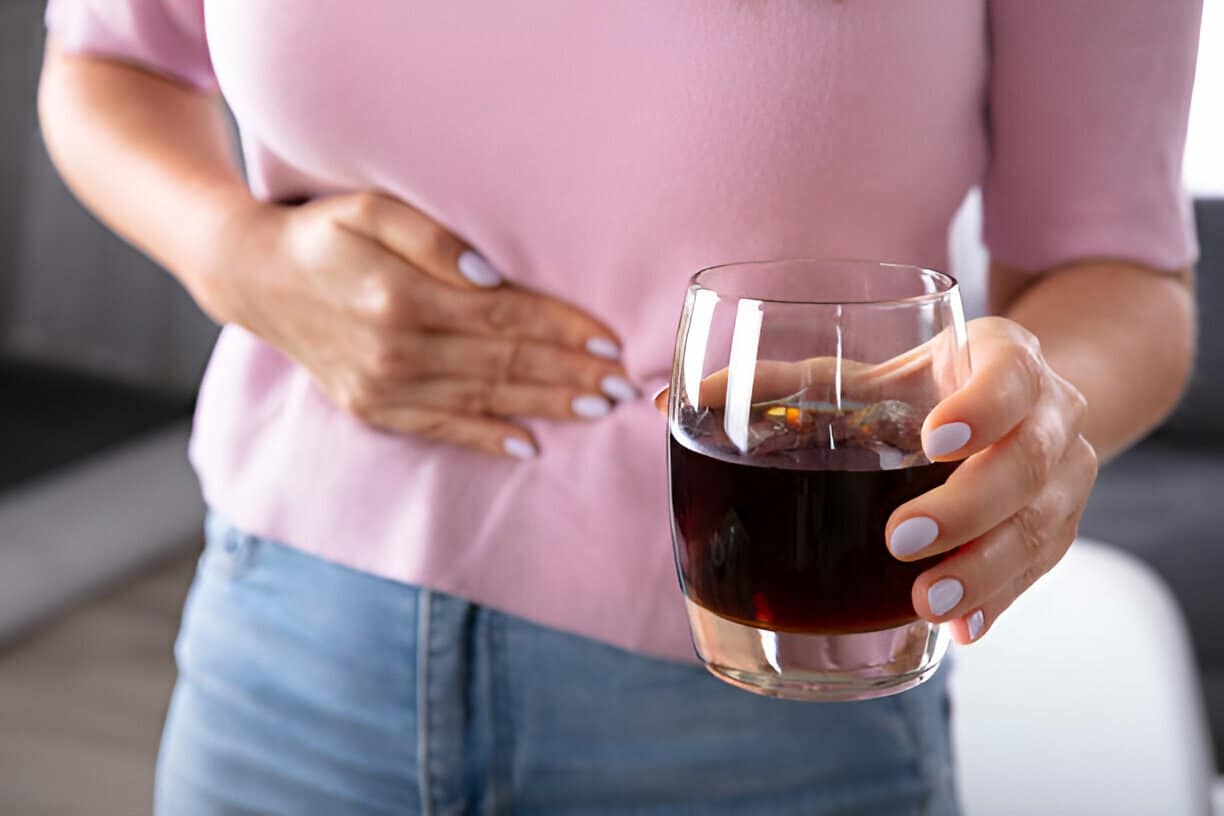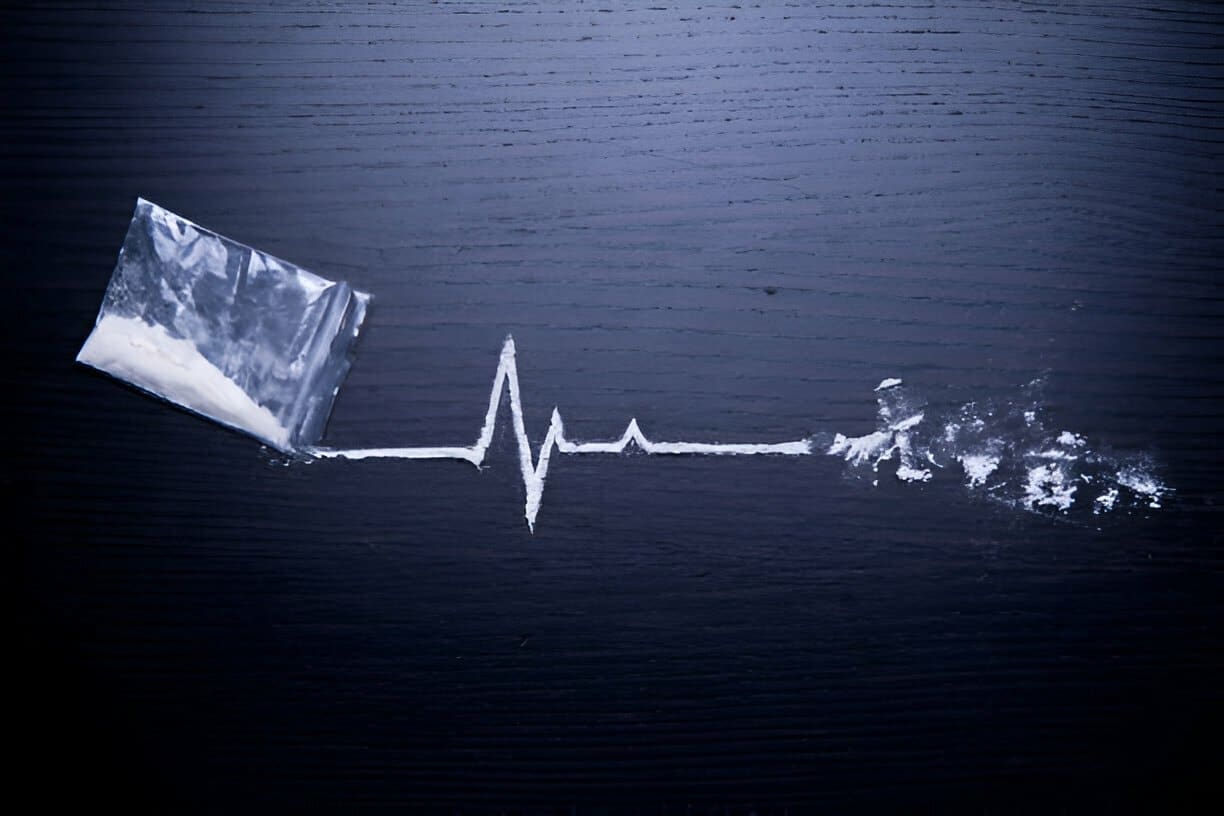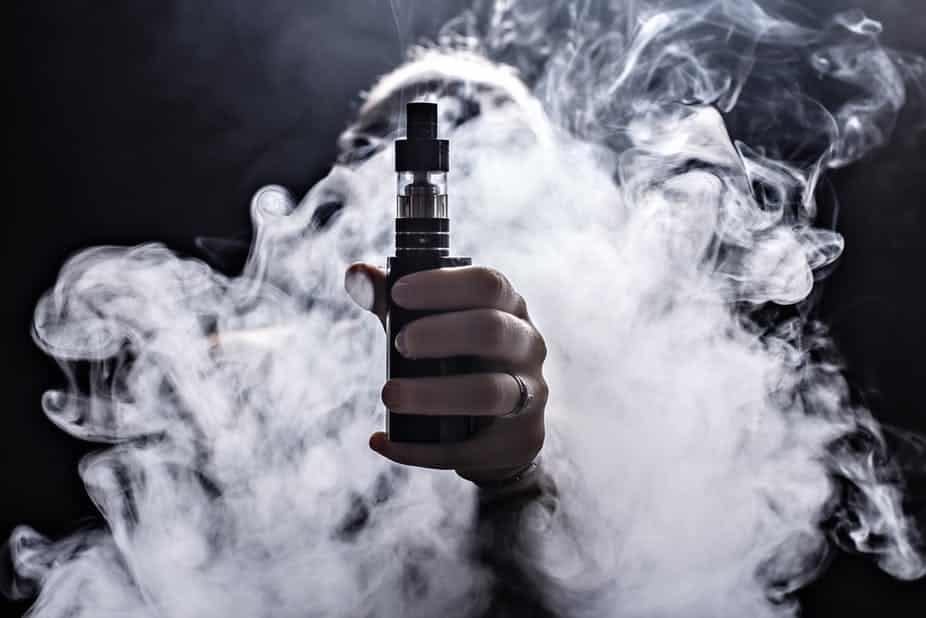Drug addiction is a disease that requires long-term treatment. This means that you must continue to receive care even when you have stopped using drugs. If you do not get proper treatment, you could experience a relapse. Relapse prevention is an integral part of drug addiction treatment, with the purpose to prevent relapses by teaching you how to recognise warning signs of a possible return to old habits. It also helps you develop coping skills to deal with stressful situations without reverting back to drug use.

MAT is a common approach to drug addiction treatment. According to the Substance Abuse and Mental Health Services Administration, 228000 people received MAT for substance use disorder in 2019.
Medications that reduce a person’s craving for drugs (reducing the chances of relapse) or help them sleep through the night can improve their quality of life while undergoing medical detox. These medications work by blocking certain brain chemicals (opioids, dopamine, glutamate, GABA, etc.) involved in the reward system. They also affect other neurotransmitters such as serotonin; however, all of these medications have side effects, which a doctor must monitor closely. These medications have been shown to increase abstinence rates among people with severe drug consumption problems when combined with behavioural therapy.
The first step in using MAT is deciding whether it will be helpful for you. If you choose to undergo MAT, your doctor will prescribe a dose of an opioid painkiller like morphine or oxycodone, depending on what type of withdrawal symptoms you experience. This medication helps alleviate the physical cravings associated with withdrawal. It also reduces anxiety and depression, which are expected consequences of detoxing. Your doctor may recommend taking this medication at home, but make sure you follow the instructions carefully if you do take it at home. You should only take the prescribed amount at regular intervals and never more than once a day. If you miss a dose, call your doctor immediately.
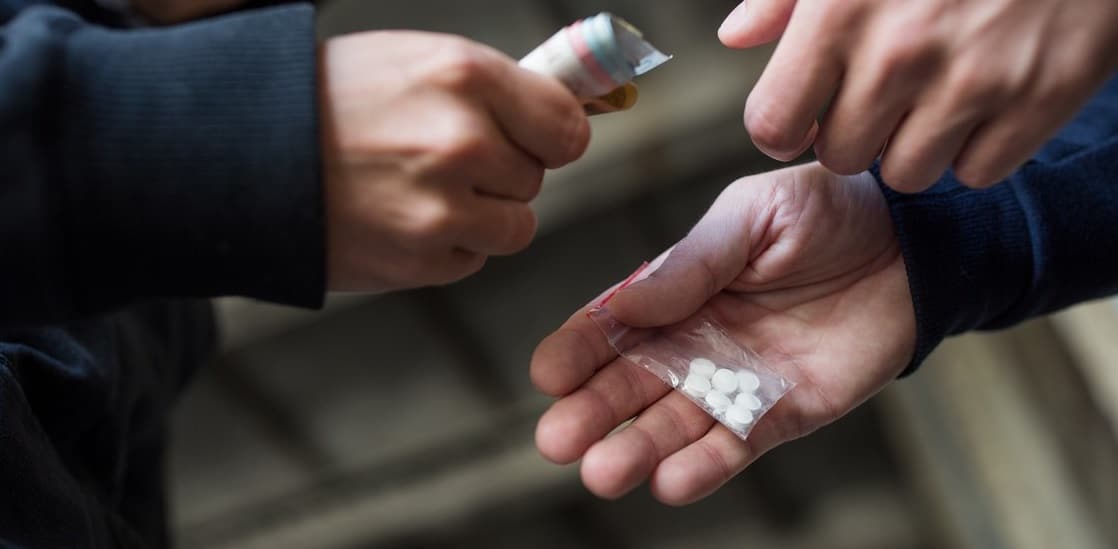
The administration of medications in drug therapy is determined by the circumstances and physical condition of the patient. Doctors usually try to “do no harm” by finding the simplest and least distressing way to treat patients, but the treatment’s efficacy must also be optimised. In some cases, more unpleasant administration methods may be preferred if they will do the most benefit. Certain types of medication may be preferable in some instances, but they may be challenging to administer.
For example, someone with a drug use disorder who has severe gastrointestinal difficulties or a psychological barrier to swallowing may be unable to take the prescription in tablet form. In contrast, someone with a long-term addiction to opioids injected intravenously may have damaged their veins. In these circumstances, doctors will seek out other administration strategies.
Medical detoxification is usually done in a controlled atmosphere in hospitals and clinics, and it may or may not involve the introduction of new drugs. With this method, withdrawal symptoms can be considerably decreased or even eliminated via strict supervision. You’ll start taking smaller and smaller quantities until you’re feeling well enough to be on your own.
Problems with drug abuse are considered illnesses that affect people both physically and mentally. While medications can be a helpful tool throughout the detox process, they should be used in conjunction with a withdrawal symptoms programme. Social therapy can help you identify the triggers that may have led to addiction in the first place and change and change negative thoughts and norms of conduct. Social, individual, and family therapy can provide you with the support you need to recover and avoid relapse entirely.
Withdrawal symptoms are common in both substance abuse and emotional health, requiring the application of dual diagnosis therapy. The most rapid progress is made when multiple problems are addressed at the same time. Quality treatment models provide detox in a safe and controlled environment, as well as also taking into account your mental health.
Drug Addiction is a serious problem that requires immediate attention. Contact us today on 0800 999 1083. We can help you by recommending treatment options.
Medications are often used in combination with other substance abuse treatment services to improve recovery outcomes. For example, medications may be used to manage withdrawal symptoms, prevent relapses, and decrease cravings while in therapy. Other medications are used to address coexisting conditions such as depression, anxiety, or sleeping problems. When choosing medications for substance abuse treatment, clinicians must consider several factors.
Firstly, different medications have varying degrees of effectiveness in treating specific aspects of addiction. Secondly, certain medications may cause side effects that interfere with adherence to the treatment plans. In addition, the cost of medications may limit access to care. Finally, medications may interact with each other, making it difficult to determine how much of each medicine to administer.
In general, medications that target the dopamine system appear to be most effective for treating drug addiction. Dopamine is involved in reward processing and motivation. The neurotransmitter dopamine is released in response to pleasurable stimuli, and it is thought to play a role in the development of substance use disorders. Therefore, drugs that block dopamine receptors may reduce craving and increase compliance with the treatment plans.
The time it takes for your medication to start functioning is determined by a number of factors, including the severity of your condition, the intensity of the drug, and whether or not you are taking any other medications. Most patients, however, report feeling better after approximately three weeks.
Addiction therapy requires a multifaceted approach that includes detox and recovery. The use of medication is, however, can be included in both detox and rehab programmes when necessary.
Addiction treatment differs from person to person and is dependent on the type of substance abused, the severity of the addiction, and other factors such as mental and physical health. A combination of medication and behavioural therapies may be the most effective treatment option for some people.
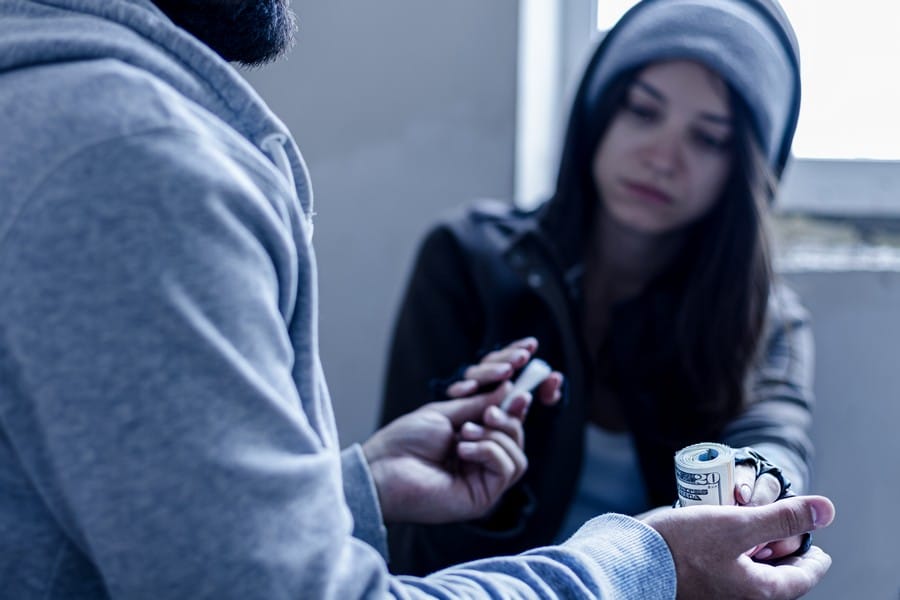
A medically assisted detox may be required as the first step. Medication is often used at this stage to lessen the effects of withdrawal, but it can also assist in lowering cravings, making the detox more effective and simpler to maintain.
Following the conclusion of detox, a rehabilitation programme can begin, which may also include the use of medication. Certain drugs can help the patient to avoid relapsing by preventing a return to drug dependence at this point.
Methadone is a drug that is widely used to treat heroin detox and other opiate drugs. Methadone is a synthetic opioid that binds to the same brain receptors as heroin and opiate drugs, making it useful for reducing cravings. Methadone does not produce the same feelings of euphoria as other opiate drugs, helping with opioid withdrawal symptoms. However, it does have the same potential for abuse and addiction.
Because of its lesser potential for abuse and addiction, buprenorphine is viewed as a preferable alternative to methadone in the treatment of opiate addiction. Additionally, unlike methadone, which must be provided by a medical practitioner, buprenorphine can be prescribed and supplied for self-administration.
Both opiate and alcohol withdrawal can be treated with naltrexone. Naltrexone is useful in the treatment of opioid addiction because it prevents opioid drugs from activating on the brain. It prevents you from receiving the same high you used to experience from the drug, but it doesn’t help you stop seeking it.
For the treatment of opiate addiction, lofexidine is frequently used in conjunction with a detox programme. It can aid with withdrawal symptoms and can be combined with methadone or naltrexone to speed up the detoxification process.
Mirtazapine is an antidepressant medicine that can be prescribed to deal with anxiety symptoms during drug detox. It has been found to be effective in assisting addicts in staying away from substances like methamphetamine, cocaine, opiates, and alcohol.
Clonidine is commonly used to treat ADHD (attention deficit hyperactivity disorder), despite its origins as a blood pressure drug. Despite the fact that clonidine was not designed to treat opioid addiction, it has proven to be an effective treatment for withdrawal symptoms such as anxiety, cramps, muscle pains, and agitation, which can be withdrawal symptoms from drug detox.
Clonazepam belongs to the benzodiazepine family of medications, and it’s used to treat symptoms such as panic disorder and seizures. It may be used to alleviate withdrawal symptoms associated with drug addiction, such as anxiety and muscle aches, due to its sedative properties. Nonetheless, because benzodiazepines have such a high potential for abuse, Clonazepam must be used with caution while treating addiction.
Chlordiazepoxide belongs to the same drug class as benzodiazepines. Its sedative properties make it helpful in treating anxiety and insomnia associated with alcohol and drug withdrawal. Because it is a highly addictive substance, it should be used with caution and only for a limited time.
Bupropion is an antidepressant medicine that is commonly used to help people quit smoking. It has been tried and failed to treat cocaine withdrawal, but there is some indication that it might be effective in the treatment of methamphetamine addiction.
Seizures occur more frequently in those who are addicted to drugs. People with this condition may benefit from anticonvulsant drugs that lessen the frequency of seizures. Anticonvulsant medications such as carbamazepine (Tegretol), gabapentin (Neurontin), lamotrigine (Lamictal), oxcarbazepine (Trileptal), phenytoin (Dilantin), valproic acid (Depakote), and topiramate (Topamax) may help reduce these drug withdrawal symptoms.
Benzodiazepines (such as lorazepam, alprazolam, chlordiazepoxide, and triazolam) are sedative/hypnotics that bind to benzodiazepine receptors in the brain. Their use has been linked to lower rates of drug addiction and better results in detoxification programmes. Anxiety disorders and insomnia are routinely treated with benzodiazepines. However, long-term use of the medicine can develop tolerance, dependency, and withdrawal symptoms. Because of the hazards associated with benzodiazepine consumption, it must be appropriately monitored by trained medical experts during drug withdrawal treatment.
Other drugs may be used in the treatment of drug addiction and withdrawal, in addition to those listed above, to address specific symptoms. Antidepressants, for example, can be used to treat sadness caused by withdrawal, while various anxiolytics can be used to treat anxiety and panic attacks. This drug will be administered on a case-by-case basis by the doctors in charge of each patient. Patients undergoing detoxification and withdrawal should not take any substances without their doctor’s knowledge and approval, as drug interactions might be dangerous.
The following medications may also be useful in treating drug withdrawal syndrome:
Addiction treatment aims to decrease cravings and avoid relapse. Individual counselling sessions, group therapy, family counselling, 12-step programmes, and other forms of psychotherapy are used to achieve this.

Counselling assists people in recognising and changing problematic ideas and behaviours that lead to substance abuse. Participants in group therapy learn how to manage stress and acquire new coping skills in a supportive atmosphere. The goal of family counselling is to improve communication among family members. Addicts learn about the disease of addiction and how it affects their self-esteem and spirituality through 12-step programmes. Other treatments focus on educating people on coping with stress and emotions.
If you opt to detox from drugs without medication, you will almost certainly experience severe withdrawal symptoms. You may feel worried, melancholy, irritated, restless, agitated, and nauseous throughout this time. Some people claim to have delusions or hallucinations. These symptoms normally go away within a few days, although they can continue up to three weeks in certain cases. Before starting a treatment programme, you can safely detox from drugs with the help of a medically supervised detoxification programme.
There are numerous benefits associated with undergoing drug detoxification. These include:
During the drug detox phase, withdrawal symptoms can range from minor to life-threatening. Withdrawal symptoms are typically influenced by the severity and duration of your substance addiction. Individuals who have been addicted to drugs for a long time, for example, are more likely to have severe withdrawal symptoms such as seizures.
The following are some signs and symptoms of drug withdrawal during detox:
Drug detox should be managed by a medical professional due to the severity of some withdrawal symptoms. Withdrawal symptoms can rapidly develop for those who have a history of lung or heart illness and other medical concerns. Your treatment specialist will be able to monitor your blood pressure and heart rate to ensure that your condition does not worsen.
Don’t go through the process of recovery alone. Treatment providers can answer your questions. Get in touch with one today.
Call 0800 999 1083 today!
The length of drug detox and withdrawal, as well as when, what, and how much medicine is given, is determined by a number of factors, including the duration and severity of the drug addiction and the patient’s physical and psychological state.
Detox provides addicts with the individualised care they require. In many cases, the procedure is broken down into three steps:
A medical team examines patients for physical and mental health problems. Blood tests are used by specialists to determine the amounts of drugs in a patient’s system. This determines the extent to which medications are required. A full examination of pharmacological, clinical, and psychiatric records are also included. The patient’s withdrawal symptoms treatment programme is based on this information.
The patient has stabilised thanks to medication and mental care. Stabilisation is necessary to prevent negative consequences from developing. Physicians might provide dependence therapy treatments to minimise complications and ease withdrawal symptoms.
Preparing patients for treatment is the final step in detoxification. Patients are usually informed about what to expect throughout therapy by their doctors. Inpatient or residential treatment is the most likely step following detox.
It’s important to note that detoxing isn’t a solution for drug addiction or withdrawal symptoms, regardless of the substance. Short-term detoxification may help patients with drug and alcohol addiction, but the risk of relapse into compulsive use is considerably bigger without follow-up treatment and therapy. Patients suffering from addiction require psychotherapeutic treatment to address both the psychological and physical aspects of their addiction.
You can detox at home, but only if you have access to a licenced detoxification centre that can help you with withdrawal symptoms. There are a number of factors that may influence your decision to choose this procedure, including:
Kits of medication detox claim to help you get through the withdrawal symptoms cycle on your own, but they are not a good choice for a variety of reasons, not the least of which is that they are frequently ineffective and would leave you alone if something went wrong.
It is best to seek the opinion of medical and mental health professionals if you are considering detox or withdrawal symptoms programmes.
Withdrawing from narcotics can be dangerous and should never be undertaken without medical guidance. Some symptoms can be fatal, while others, such as confusion and loss of motor control, can result in fatal accidents. Withdrawal from drugs can be so unpleasant that it might lead to suicide. Make an appointment with your doctor and ask for advice if you’re thinking about quitting drugs. Failure to do so could put your life in jeopardy.
Drug Addiction is a serious problem that requires immediate attention. Contact us today on 0800 999 1083. We can help you by recommending treatment options.
Despite the benefits of combining medications to help with drug detoxification and withdrawal symptoms, some drawbacks are also. Before deciding on MAT, patients should discuss all of the potential benefits and dangers of using medicines with their doctor.
Patients who are prescribed medications for drug addiction must usually sign a contract acknowledging their understanding of the risks.
Some side effects of medication for drug addiction may include:
Drug Addiction is a serious problem that requires immediate attention. Contact us today on 0800 999 1083. We can help you by recommending treatment options.
Some myths about pharmaceutical treatments for drug addiction still exist. These beliefs may discourage patients from seeking treatment.
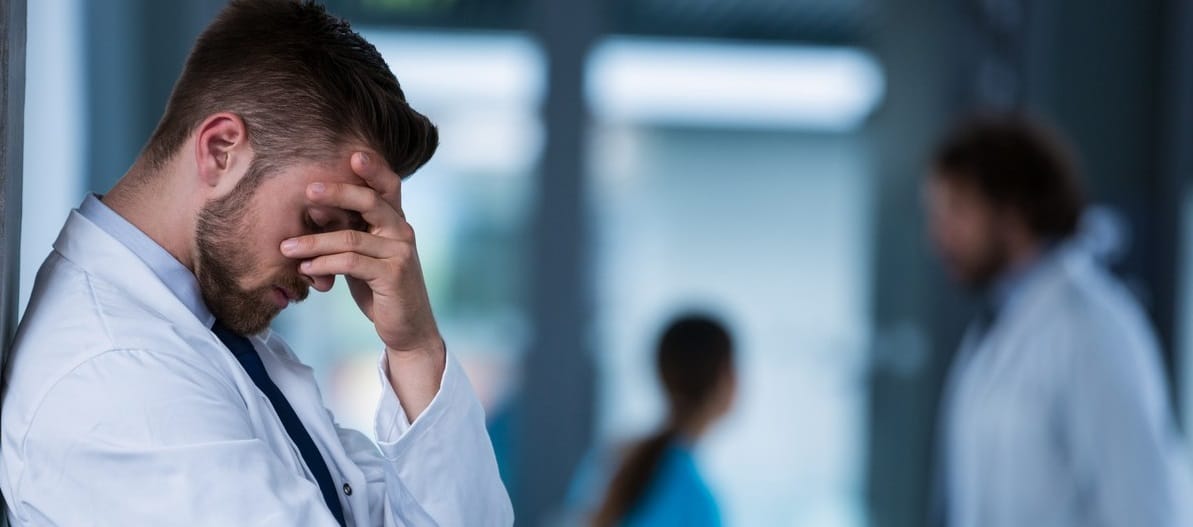
This misconception implies that drug addiction is similar to other chronic conditions like heart disease, cancer, or arthritis. Patients with these conditions frequently receive medicine prescriptions to help them manage their symptoms. Drug addiction, on the other hand, is distinct because it is a severe illness that requires immediate treatment and long-term abstinence in order to avoid relapse. This means that while medication alone will not cure drug addiction, it is an important component of a comprehensive treatment plan.
People sometimes believe that by using prescription medications, they can heal their own drug addiction. While some medications may be beneficial for people who are addicted to opioids or stimulants, they might not be appropriate for people who are addicted to other drugs. Antidepressants and anxiolytics are the most commonly prescribed drugs for the treatment of drug addiction. Antidepressants may help with the stress that comes with drug addiction, but they are unlikely to improve the general quality of life or encourage abstinence. Naltrexone, for example, inhibits the action of opioids, which are created naturally in the brain following drug use.
Methadone was first created in the 1950s as a synthetic opiate. It acts by attaching to the brain’s opiate receptors. Methadone is frequently provided to heroin addicts to help them wean themselves off the drug, with fewer adverse effects. Doctors typically prefer methadone to heroin because it has fewer adverse effects. However, methadone is not always safe to use because high doses of methadone can cause respiratory depression, coma, and death in certain cases. Methadone must be taken under strict supervision to reduce the risk of overdosing.
Benzodiazepines (e.g., Valium) are commonly prescribed to treat anxiety disorders. These drugs function by boosting the activity of a neurotransmitter in the brain called gamma-aminobutyric acid (GABA). Benzodiazepines are generally thought to be both safe and effective; however, sedation, memory loss, poor coordination, and drowsiness are all possible side effects. The most dangerous side effect of benzodiazepine use is addiction. When a person is exposed to the drug repeatedly, they develop a tolerance to the calming effect of the drug, which leads to an increasing desire for it. Within weeks after initiating therapy, tolerance typically develops. You could become physically and psychologically reliant on benzodiazepines if you start taking them without contacting your doctor.
NA does provide support and education to people recovering from drug problems. NA meetings are open to anyone seeking recovery from a drug-related disorder. In addition, NA sponsors are volunteers who offer emotional and practical support to members. A sponsor’s role involves encouraging sobriety and helping members stay clean through regular attendance at NA meetings. Sponsors do not pressure members into staying sober, and they simply encourage them to continue attending NA meetings.
After detoxification, medication-assisted treatment is still required to achieve long-term sobriety. While detoxification helps to reduce the physical symptoms of drug withdrawal, it does not address the underlying reasons that led to drug misuse in the first place. The patient is considerably more prone to relapse if those underlying concerns are not addressed.

Therapy for addiction is an essential element of the recovery process because it focuses on improving the patient’s mental state developing different ways of thinking and behaving when facing life challenges.
1) The combination of therapy and medication:
2) The combination of therapy, medication, and counselling:
Psychological counselling is a type of talk therapy that seeks to help you understand and modify your emotions and behaviours.
Cognitive behaviour therapy (CBT), solution-focused brief treatment (SFBT), dialectical behaviour therapy (DBT), motivational interviewing (MI), and acceptance and commitment therapy (ACT) are some of the methodologies employed by counsellors. These methods are designed to raise awareness, reduce automatic reflexes, and encourage positive thinking. They also inspire you to consider what you desire rather than focusing solely on what you don’t.
Behavioural therapists work to change harmful habits like using drugs. They accomplish this by assisting you in recognising and confronting undesirable ideas and emotions. When other therapies have failed, this technique may be effective. However, determining the source of an addiction problem is not always possible. As a result, behavioural therapies are frequently used in conjunction with pharmacotherapy (medication).
For example, cognitive behavioural therapy (CBT) is one of the most effective therapies for drug addiction treatment because it is founded on the notion that our thoughts and beliefs determine all people’s behaviour. As a result, rather than suppressing undesired ideas and emotions, we learn to interpret them in new ways. Someone who has been diagnosed with depression, for example, may find themselves obsessing over past failures all of the time. They can, however, learn to reframe their thinking into something more useful with CBT, such as “I am unhappy now because I had a difficult day yesterday.”
Solution-Focused Brief Therapy (SFBT) is a type of therapy that looks at all sides of a situation to find solutions. It involves posing questions such as “What will truly solve my problem?” and “How will I know if I’ve solved my problem?” SFBT is beneficial for people who have strong beliefs and believe there is only one solution to a situation.

DBT (Dialectical Behavior Therapy) is a type of cognitive behavioural therapy that incorporates mindfulness meditation. DBT teaches techniques for coping with emotional pain and temptations to act out in harmful ways. It also incorporates stress, anxiety, and anger management techniques. If you can identify the mental processes that contribute to your emotional reactions, cognitive behavioural therapy will work best for you.
Drug rehab is a programme that helps those who have a substance abuse problem get back on their feet. Its goal is to help you get your life back on track and live a sober life without the use of narcotic substances. This will require some adjustments to your way of thinking, acting, and feeling about yourself and your life.
You’ll have access to a variety of treatment options during rehab, including counselling, psychotherapy, support groups, among others.
If you’ve been battling with drug addiction for a long time and want to get sober but don’t know where to start, please get advice from a doctor or rehab specialist.
Don’t go through the process of recovery alone. Treatment providers can answer your questions. Get in touch with one today.
Call 0800 999 1083 today!
After realising they need help for their drug addiction, many people attend NA meetings. This organisation offers support and encouragement to those who want to get sober but don’t want to go to every meeting. Before determining whether or not to seek professional treatment, you might explore attending one of the narcotics support groups.
Many people use a variety of alternative approaches to help them stay sober, such as 12 Step programmes. Some people would rather work alone, while others would rather join SMART Recovery. Others choose holistic rehabilitation programmes that include art therapy, yoga, and meditation.
Drug Addiction is a serious problem that requires immediate attention. Contact us today on 0800 999 1083. We can help you by recommending treatment options.
A variety of factors influence the decision to use medicine as part of a drug addiction treatment programme, including your age, gender, health, prior drug use history, and current level of functioning. Most doctors encourage patients to avoid using medicines unless they are vital; nonetheless, medication may be required to manage an existing illness like depression or anxiety, alleviate severe withdrawal symptoms, or prevent relapses. It’s critical to weigh the benefits of a medication against the risks of side effects when picking which one to take.
There are some requirements you must meet in order to qualify for a prescription if you decide to use medication as part of your drug addiction treatment strategy. You must first be diagnosed with drug addiction. Second, you must have exhausted all other options for treatment. Third, you must be prepared to commit to the entire course of treatment. Fourth, you must be able to follow all of your doctor’s directions. Finally, you must be aware of the dangers that each prescription entails.
You’ll almost certainly be given a combination of drugs. Your doctor will most likely start you on low dosages of medication to see if you can tolerate them. The dosage will then be gradually increased until you reach the maximum advised level. Once you’ve got the maximum dose, your doctor will regularly monitor you to make sure you’re not having any adverse side effects.
When it comes to substance use disorder therapy, there is no such thing as a “one-size-fits-all” solution. Some people only require one medication, while others require multiple medications. As a result, it’s advisable to talk to your doctor about your alternatives before starting pharmacotherapy or any sort of MAT.
In 2018-19:

BACP accredited psychotherapist with 16 years experience working in mental health specialising in psychodynamic person-centred therapies treating those with a range of mental health disorders including anxiety, depression, OCD and Addiction.

Fill in your details and we’ll send you a message via SMS.


No matter where you live, there are drug and alcohol rehab options for you to discover. Treatment providers are waiting to answer your questions. Get started today.

Ever felt that gnawing ache or burning sensation in your gut after a night of drinks? You’re not alone. Stomach pain after drinking is a common complaint, and there are a few reasons why it might happen. Let’s delve into the science behind the discomfort and explore ways to soothe your stomach. The Irritating Truth: … Continued

Cocaine, a stimulant known for its short-lived burst of energy and euphoria, hides a dark side. Behind the initial high lies a dangerous potential for overdose, with severe health consequences and even death. This article delves into the world of cocaine overdose, equipping you with the knowledge to recognize the signs, understand the dangers, and … Continued

Adult smoking habits in the UK refer to how often and in what ways people aged 18 and above use tobacco. This includes everything from smoking cigarettes every day to occasionally lighting up, as well as using other tobacco products. Understanding these habits is important for several reasons: Public Health: Smoking causes many diseases that … Continued

Addiction in the UK is a complex issue that is connected to various aspects of society such as healthcare and law enforcement. It affects people from all backgrounds and has negative impacts on families, communities, and the entire nation. Understanding addiction involves not only looking at the uncontrollable use of substances and repetitive behaviors but … Continued

Don’t go through the process of recovery alone. Treatment providers can answer your questions. Get in touch with one today.
Call 0800 999 1083 today!





